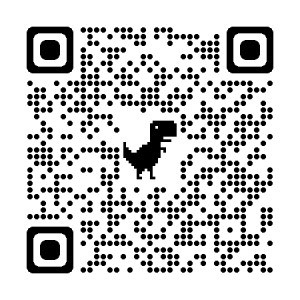
How To Teach Kids The Concept Of Money?
Given how vital financial skills are to navigate life, you should teach your kids the concept of money. Showing them the basics like budgeting, spending, and saving is significant to their personal growth. Money skills must be developed from children’s early age and fostered into young adulthood.
In modern times, teaching our kids about money has never been more important. Our current way of trading, in accordance with credit cards, online shopping, and internet banking, causes kids to seldom see the use of physical money, like notes and coins.
Not seeing a tangible commodity for trading makes it harder for kids to get their heads around the concept of money. They might see these “invisible things” as abstract, unlimited resources.
“Where does money come from?”
Kids have to learn where money comes from. They have to wonder why Dad or Mum go to work everyday. Make them realise that people have jobs and earn money to support the family.
Waiting is also a good concept of hard-earned dollars. Take their allowance as an example. If they receive theirs on a weekly basis, they have to wait a number of days before they get hold of the next. It gives a sense of importance to wait, be patient, and save.
Speaking of hard-earned money, you can reward the kids monetarily when they’re done with chores. This way, they grasp the idea of income and paycheck, which is applicable in their adult life. They won’t bum about and wait for money to land on their lap.
Label two jars “Spending” and “Savings”
Whenever your kids receive money for allowance or for doing chores, divide it between the jars equally. The spending jar is for small purchases , like candies or knick knacks. The savings jar is for more expensive and important items. They’ll be more sensible on what to buy first and learn to allocate money and create a budget.
Play store and play money
Kids act as either owner or buyer when they play store. This game not only enhances their imagination, it also helps in understanding the basics of commerce by exchanging play money for items.
Put the play money in clear jars. Every time they spend, they see their jar dries up, while the store owner’s accumulates. It’ll give the kids an idea on how to prioritise needs than wants, or they’ll burn their money quickly. Discuss the difference between the two and encourage your children to think before spending.
Spending money and setting goals for kids
Help your kids set goals while tracking their spending and savings. If you’re in a toy store, let them choose which toy to buy for their birthday.
It will motivate them because they have something to buy in the future. Help them decide by comparing price tags and sizes to make for a wise purchase. To encourage the kids more, constantly show them a photo of the toys to remind them of their choice.
Once the kids have a goal in mind, stash their cash in a safe place. Piggy bank may be enough for younger ones, but for young teens, you can set them up with their own savings account at the bank. This way, they can see how their savings are adding up and how much progress they’re making toward their goal.
Money-saving tips for kids
There’s never a wrong time to teach kids how to save and put some cash back into their pocket. Saving money is a habit that can take time to build, but practice makes perfect.
Before heading to the supermarket, teach them how to make a shopping list. Explain that having a list avoids impulse buys or unplanned purchases.
Another way to save is to collect coupons, deals, and vouchers. Ask the kids to help in clipping coupons.
At the store, make them give the coupons to the cashier and to keep an eye out for the products. This will make them feel like they’re helping, and it’s a fun and easy way to talk about money-saving.
If you liked our “How To Teach Kids The Concept Of Money?” and took away some valuable information, check our blog space regularly for more tips to get out of debt and updates on the best budget apps in Australia.




